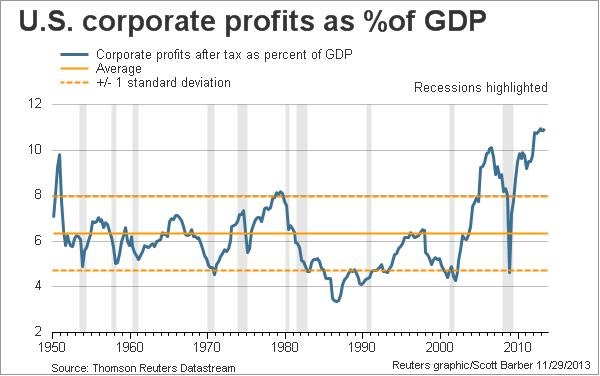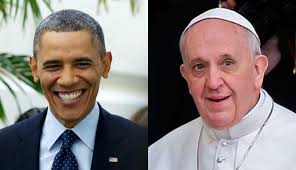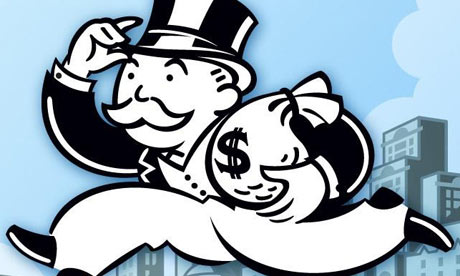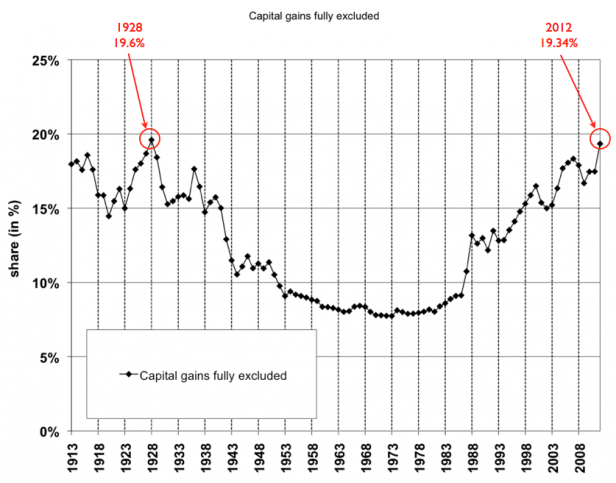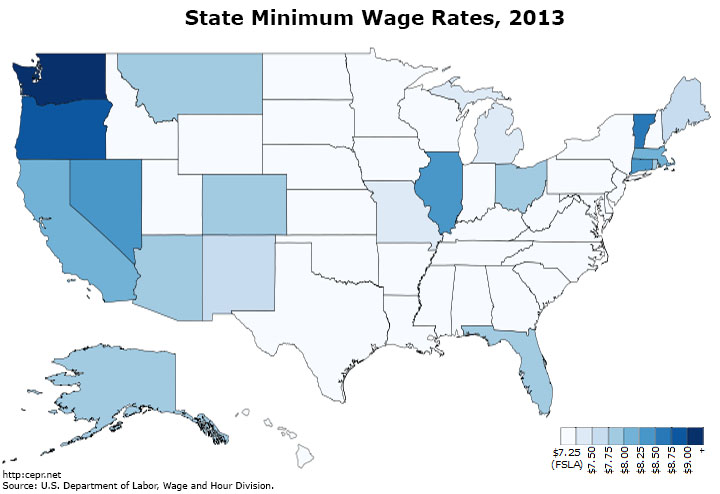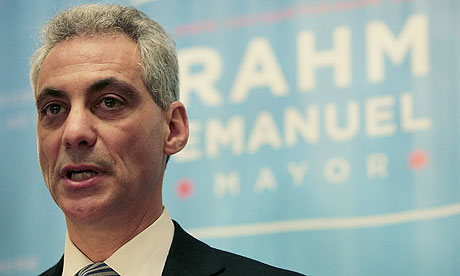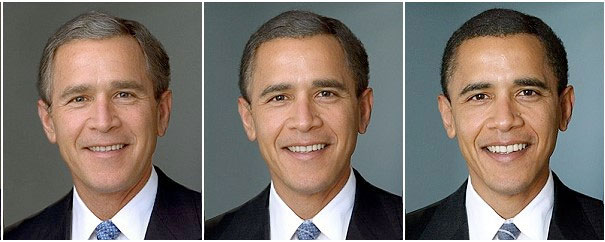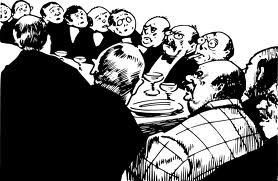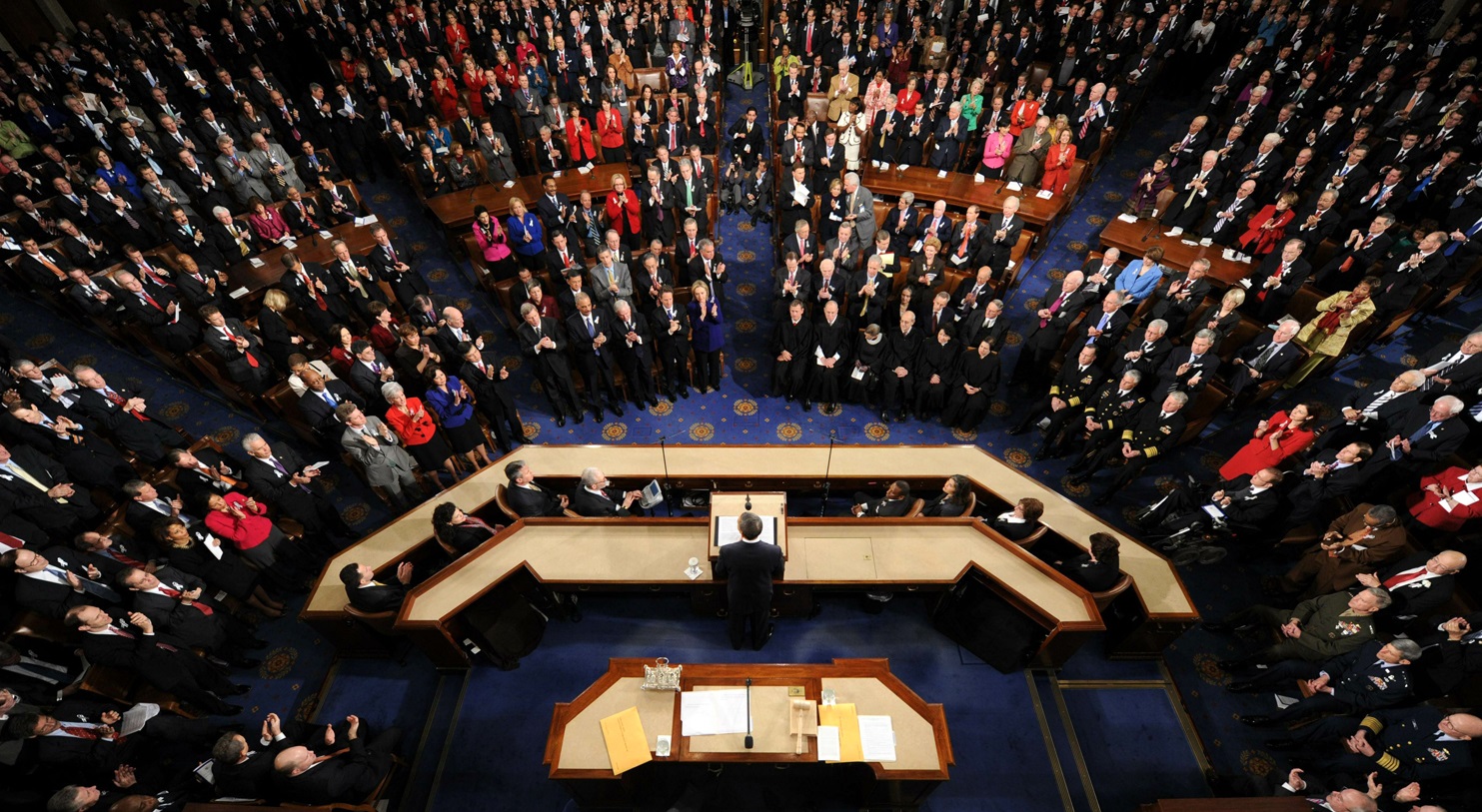
A day before the big show, Joshua Keating’s consistently funny If It Happened There column at Slate looked at the State of the Union. “Members of the opposition typically do not applaud, though they occasionally join in with approval of paeans to the nation’s powerful military, the leaders of which typically sit stone-faced in front of the gallery.”
Which, of course, is exactly what happened. There are innumerable things Congress could be doing right now to create jobs, spur opportunity, expand the frontiers of knowledge, and generally make life better for families in America. Some of them — raising the minimum wage, ensuring equal pay for women, investing in infrastructure and early childhood education, admitting climate change is happening and proceeding accordingly — were even mentioned in Obama’s remarks, not that we can expect much in Year Six of this presidency (and an election year to boot.)
But with all due respect to Sgt. Remsburg’s sacrifice, when the only thing all of our nation’s legislators can get effusive about is venerating Americans wounded in battle, the republic is in a bad way indeed. As James Fallows put it: “[W]hile that moment reflected limitless credit on Sgt. Remsburg…I don’t think the sustained ovation reflected well on the America of 2014…the spectacle should make most Americans uneasy.” That it should – The last refuge of scoundrels and all that.

ICYMI, If It Happened There has aptly covered the Superbowl also. “The ethics of such an event can be hard for outsiders to understand. Fans, who regularly watch players being carted off the field with crippling injuries, are unbothered by reports of the game’s lasting medical impact on its players. Nevertheless, fans and the national media can become extremely indignant if players are excessively boastful at the game’s conclusion.”
Speaking of the handegg finals — as usual, also not lacking for tawdry paeans to militarism — congrats to the Seahawks on a convincing Superbowl XLVIII win. As I said on Twitter, I had no real dog in this fight – I was just happy to see the two states with sane marijuana laws karmically rewarded for their forward thinking.

